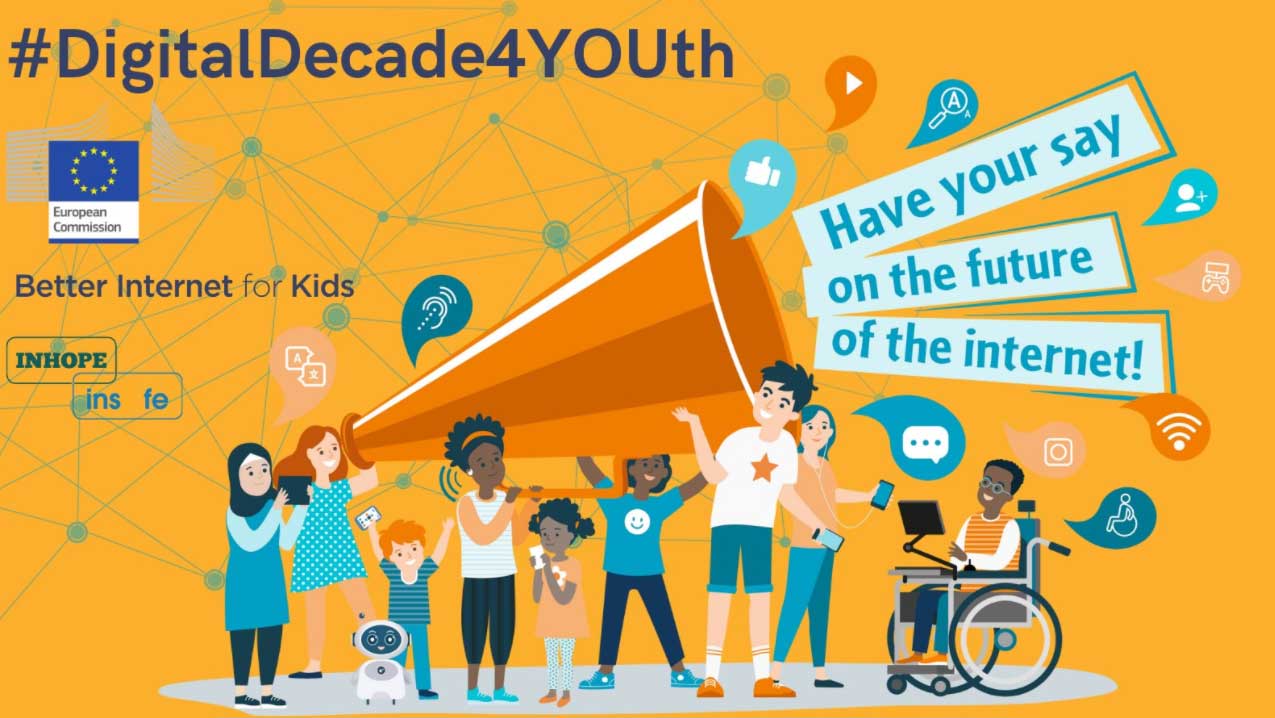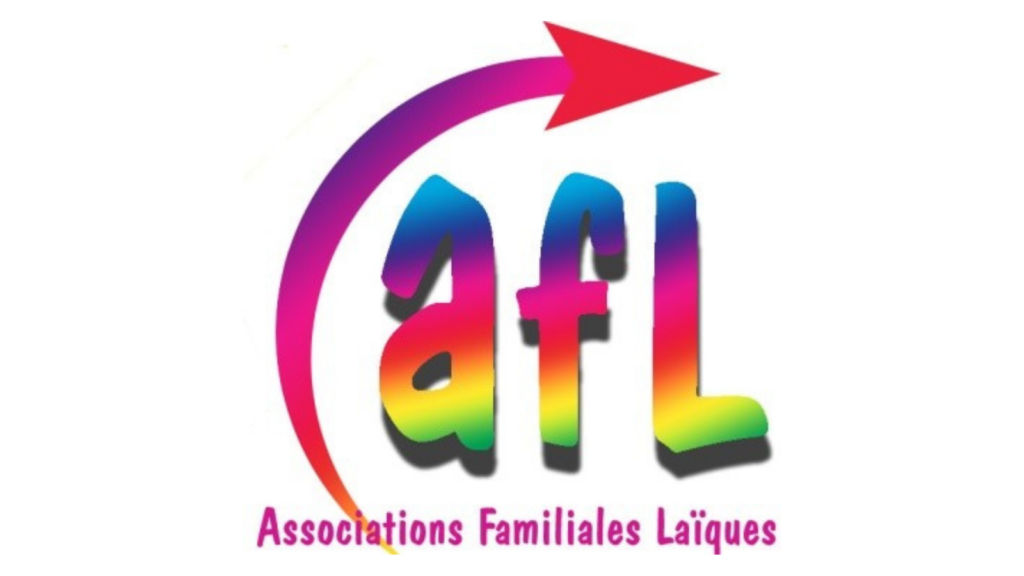Earlier this year, we informed you about an EU public consultation on digital economy and society. The European Commission laid out its vision for Europe’s digital transformation by 2030 in its Communication “Digital Compass: the European way for the Digital Decade“, and proposed to compile a set of digital principles. They cover areas such as access to internet services, digital education, and skills necessary for people to take an active part in society and in democratic processes, human-centric digital public services and administration, digital health services, secure and trusted online environment, digital systems, and devices that respect the environment, the protection and empowerment of children and young people in the online space, ethical principles for human-centric algorithms.
COFACE, using its own Digitalisation Principles and emerging data from the DigiGen Horizon2020 research project has responded to this consultation, and the key messages are the following:
1.1 Universal access to internet services
– Make it clear that the Internet is a public good and ensure that competition law does not hamper the provision of basic Internet to all.
– People should be included in society regardless of their level of access to ICT.
– Address severe material deprivation, including digital deprivation.
1.2 Universal digital education and skills for people to take an active part in society and in democratic processes
– Measures to fight disinformation should only go as far as proposing a varied set of sources to all users about a similar topic and letting the user decide what to read.
– Ensure neutrality in digital education in respect to proprietary software: for instance, teach not only about windows but also open-source software.
– Add gender as a dimension for ensuring equal opportunities in access to quality digital skills and education.
1.3 Accessible and human-centric digital public services and administration
– Public services and administration should remain accessible to those who prefer not to go digital or are lacking the skills to navigate the digital environment.
1.4 Access to digital health services
– Highly centralized databases are very vulnerable to hacking or piracy. The Commission should consider other solutions to protect the privacy of data in healthcare, especially moving away from a single point of entry to that data (meaning that if a hacker manages to enter into a database, he can effectively steal all of its content). Decentralized data hosting with multiple key signatures (requiring the patient’s key to access /modify the data) should be considered.
1.5 An open, secure, and trusted online environment
– While it is important to have a secure and trusted environment online, users should also be empowered by participating directly in the governance and security of the services they use. Many decentralized services propose services run by users themselves such as escrow or mediation services in cases of disputes between a consumer and seller. This allows for a form of self-governance and empowers all users to take an active role in securing the services they use.
1.6 Protecting and empowering children and young people in the online space
– Participation should extend to the right to governance of the online services citizens use, including private services.
– The principles should take into account the emergence of blockchain technology and decentralized services and the impact on participation.
– Online services for children should be safe by design, not collect any data beyond what is strictly necessary, and put in place measures to prevent unsolicited contact with adults.
1.7 A European digital identity
– A digital ID should emulate the same characteristics as a physical ID, and increased anonymity. A physical ID cannot be arbitrarily deleted or withdrawn from a user, and the data on the ID cannot be consulted in an abusive way by third parties, given that it requires the users’s explicit consent (by handing over his/her physical ID).
– Public blockchains with multiple key signatures should be considered for digital ID solutions.
1.8 Access to digital devices, systems, and services that respect the climate and environment
– Sustainability of digital infrastructure should also consider whether decentralization could help achieve better energy efficiency and sustainability.
– Hardware digital devices should be designed to enable the easy and affordable replacement of its parts for repair.
– Everyone should have access to spare parts and repair information for their digital devices. This should include access to reused spare parts.
1.9 Ethical principles for human-centric algorithms
– AI should be considered a public good since most advanced AI relying on self-learning depend on structured data which is generated by users/people themselves.
– Users should have a choice between different algorithms in the services they use. Many platforms use a single proprietary algorithm for sorting content. The user should have more granular control over this algorithm.
Additional principles highlighted by COFACE are the following
– Key role of parents and digital parenting
– Cyber security
– User control
– Keeping the internet open
– Health and well-being online
Did you miss this consultation? No worries – there is a new and related consultation on making Europe’s Digital Decade fit for children and young people. This public consultation focuses more on children and youth and will contribute to the development of the digital principles, as well as the new Better Internet for Kids (BIK) strategy. It focuses on opportunities and benefits, challenges and risks, and responsibility for improving online experiences. It is an opportunity also to reinforce the implementation of the EU Strategy on the Rights of the Child. The consultation runs until 11th October 2021.
Spread the word and have your say!





